Refine
Date Range Clear
Recorded by Clear
Keywords Clear
Partnerships Clear
Organizations Clear
Places Clear
Languages Clear
Initiatives Clear
Why do people feel they way they do about issues? Why do lawmakers and policy leaders seemingly act against their better interests? And how can information be developed in a way that leads not just to greater understanding, but to...
Putting up tall PVC pipes with pointy sensors to measure electrical fields in an approaching lightning storm may seem reckless, but it’s all part of the job for Timothy Lang. The NASA research scientist spends a lot of time in...
Jack Kaye, associate director for research at NASA's Earth Science Division, discuss his origins as a chemist and earth scientist, and how he was recruited to Goddard to be a chemist among meteorologists. "My boss would advertise me as his...

Weena (34) interviews her grandparents, Margaret (85) and John (88), about how they grew up and how they met at NASA.

Ozzie talks about his space travel dreams, becoming interested in space, and his love of his ham radio.
Jacob Bleacher has spent a great deal of time preparing for Mars and the moon, even though he has never left the Earth’s orbit. The research scientist at Goddard Space Flight Center is currently on detail at NASA Headquarters as...
Dr. Rama Nemani, Senior Earth Scientist at the NASA Ames Research Center, works on ecological forecasting. In this interview, we discuss how Rama’s career trajectory moved from farming to supercomputing, NASA Earth Exchange (NEX), the difference between simulation modeling and...
How can scientists tell the story of science so that the public listens and understands? Dwayne Brown is the Senior Communication Officer for the Science Directorate at NASA and works with hundreds of scientists to communicate their ideas on television,...
Kristen Erickson, Director of science engagements and partnership, recently helmed NASA’s efforts to involve over 154 million adult Americans with direct participation with the 2017 total eclipse – the largest engagement effort in NASA history. But in her more than...
In the summer of 2015, Bob Conover led a team of 12 volunteers to restore a 50-year-old Ranger spacecraft at the California Science Center. Bob is a retired JPL engineer who originally worked on the Ranger at JPL in its...
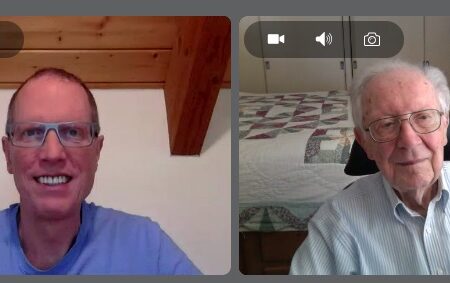
Jonathan Karpoff (63) interviews his father, Fred Karpoff (98), about his experiences with social justice efforts, anti-Communist sentiments and his hopes for the future.
John Painter shares his Moon Landing story for the Moon Landing in Context Project at Framingham State University. John discusses his experience serving as an Air Force Navigator in the late 1950s, working as an Electrical Engineer at the NASA...
Clouds are among the most unpredictable components of climate models. But Norman Loeb is working hard to sort out the shape of cloud patterns in order to improve the accuracy of long-term weather predictions. As far as understanding how all...
Giovanni Fazio is a senior physicist at the Center for Astrophysics Harvard-Smithsonian. In his decades-spanning career, he has been instrumental in several observational programs, from his work studying gamma rays using balloon-borne telescopes to his time as the Principal Investigator...
Priya Ghosh is an astrophysicist, nuclear engineer, and a postdoctoral researcher at NASA Goddard Space Flight Center. There she builds and develops radiation detectors to detect neutrons and gamma rays, and also studies and analyzes cosmic ray data to better...
Gael Cascioli is a planetary scientist at NASA’s Goddard Space Flight Center where he focuses on planetary geodesy — the measuring of the gravity field and shape of a planet — and is working on the upcoming VERITAS mission which,...
Glenn Orton, a senior research scientist at the Jet Propulsion Laboratory, discusses his career exploring the outer Solar System that started with the Pioneer 10 and 11 missions, and extended forward to Cassini and more recently Juno. Interested in space...
When it comes to data archiving, Michele Thornton has you covered. As a Geospatial Data Professional for ORNL-DAAC, Michele ensures that NASA funded research is accessible not only to researchers out in the field but to a larger user community...
Hal Maring once risked his life for a box of fog. The physical scientist at NASA Headquarters was once on a New Zealand research cruise in the Tasman Sea when the vessel hit bad weather. They took down some of...
Brian Day, of NASA’s Solar System Exploration Virtual Institute, leads a group of scientists in visualization and analysis of spacecraft data. Brian was taught that there’s no water on the moon, there’s no atmosphere on the moon, and the moon...
Elizabeth Rampe, a mineralogist, studying Mars at the NASA Johnson Space Center, shares about her life and work. She focuses on minerals on the surface of Mars which formed from water-rock interactions, which have the potential to show billions of...
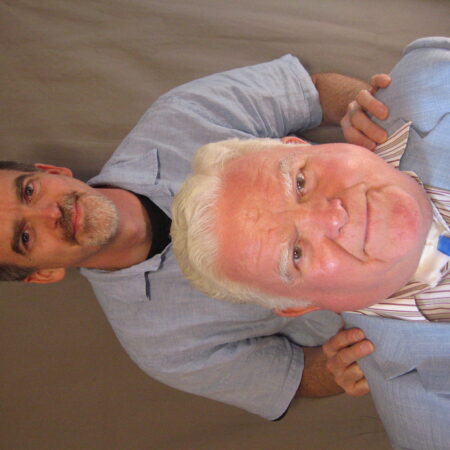
Bill talks to his son about his career in the military before he was forced to change careers. His subsequent life as a civil engineer allowed him to stay closer to his family.
Dr. Matthew Johnson's research is in atmospheric chemistry, a branch of atmospheric science, which looks at the composition and chemistry of Earth's atmosphere, such as aerosols and trace gas emissions, and how particles may impact human health. Dr. Johnson's research...
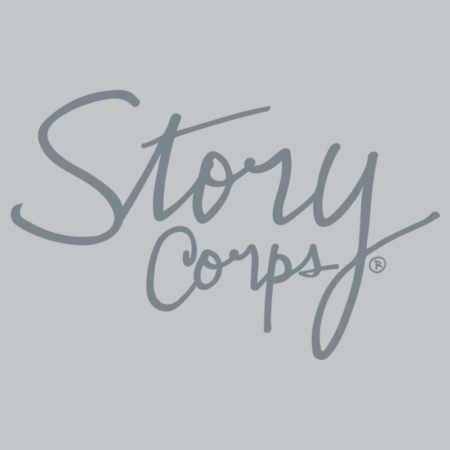
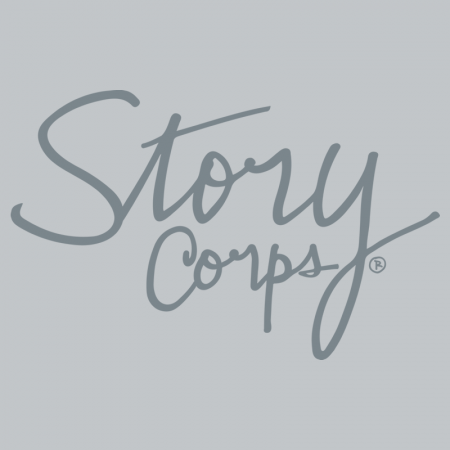



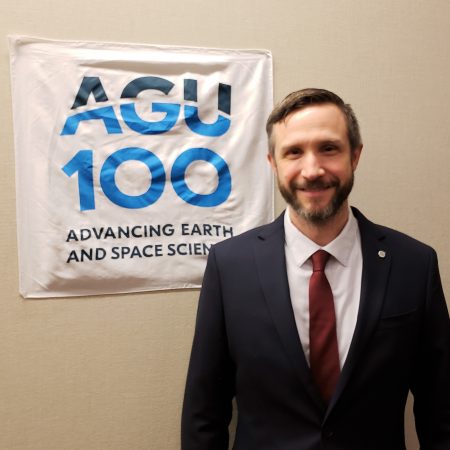
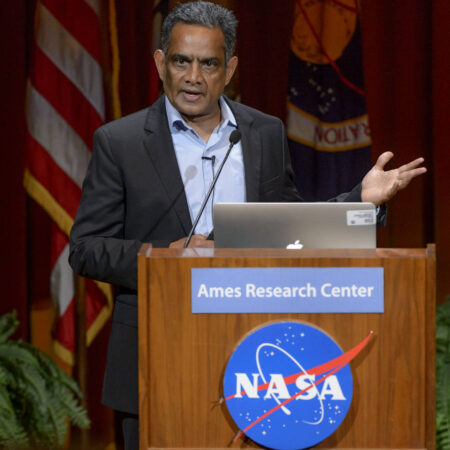
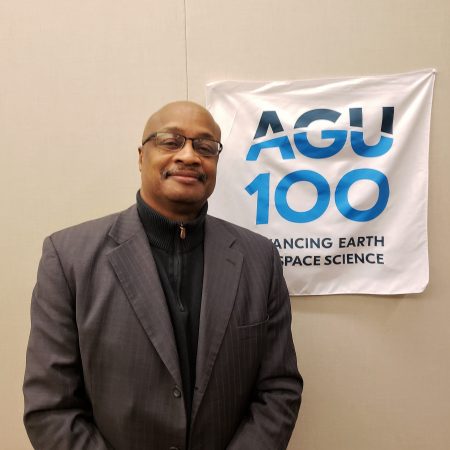
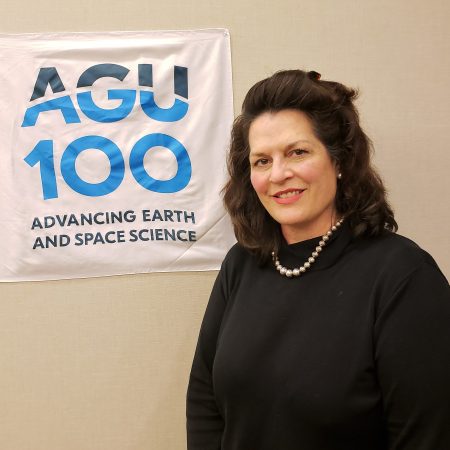
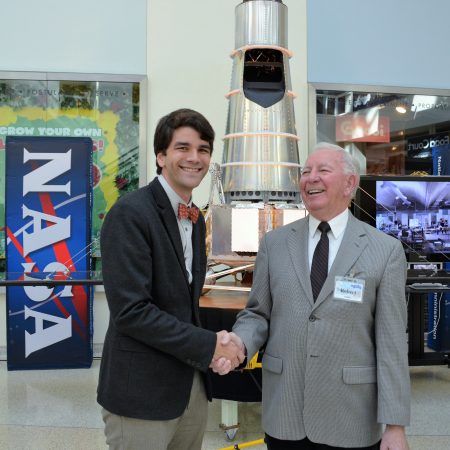


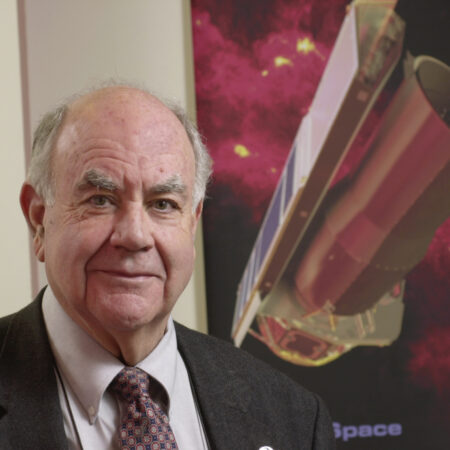
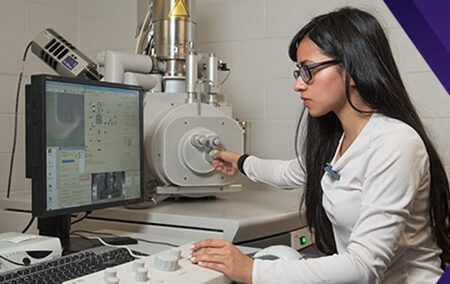


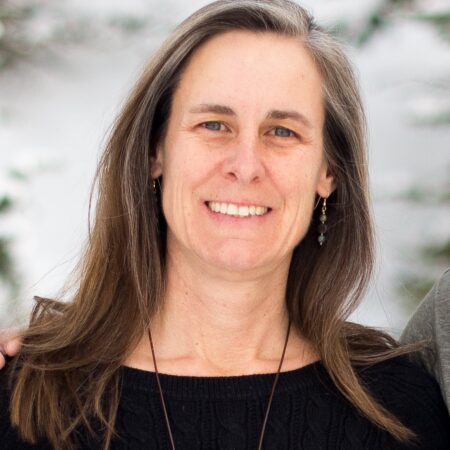
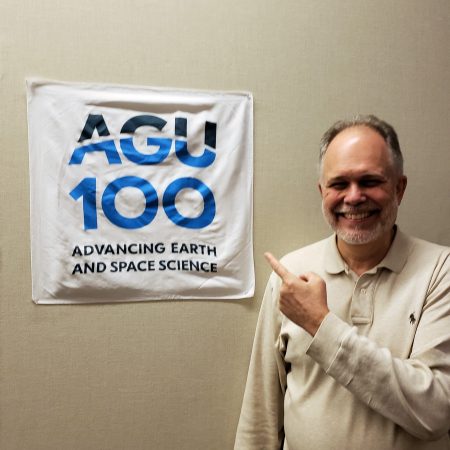


!["If you really enjoy it [science], all the work will be worth it." An interview with Matthew Johnson.](https://archive.storycorps.org/uploads/2021/02/6038002972612__M.Johnson_ceremony_pic_2020.11.11_submit_PROFILE-450x450.jpg)